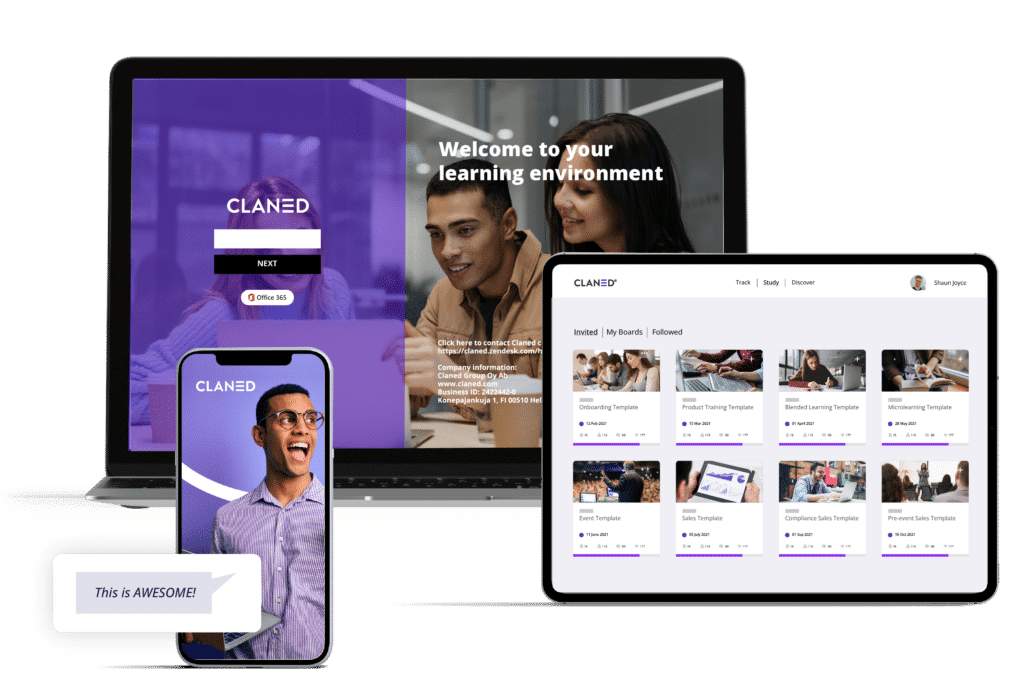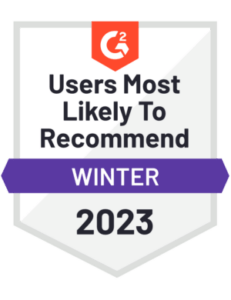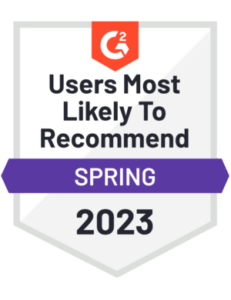Designing an online learning experience is a fun process, isn’t it? But often, the task of providing evaluations or assessments in online learning can feel a tad…uncomfortable. After all, why shouldn’t you just let participants enjoy their time with the content without having the stress of tests hanging over their heads?
Well, we at Claned have a ton of thoughts on this matter that we’d love to share with you in this blog post.
(And don’t worry, this is a quiz-free zone!)
Assessments as Quick Recaps
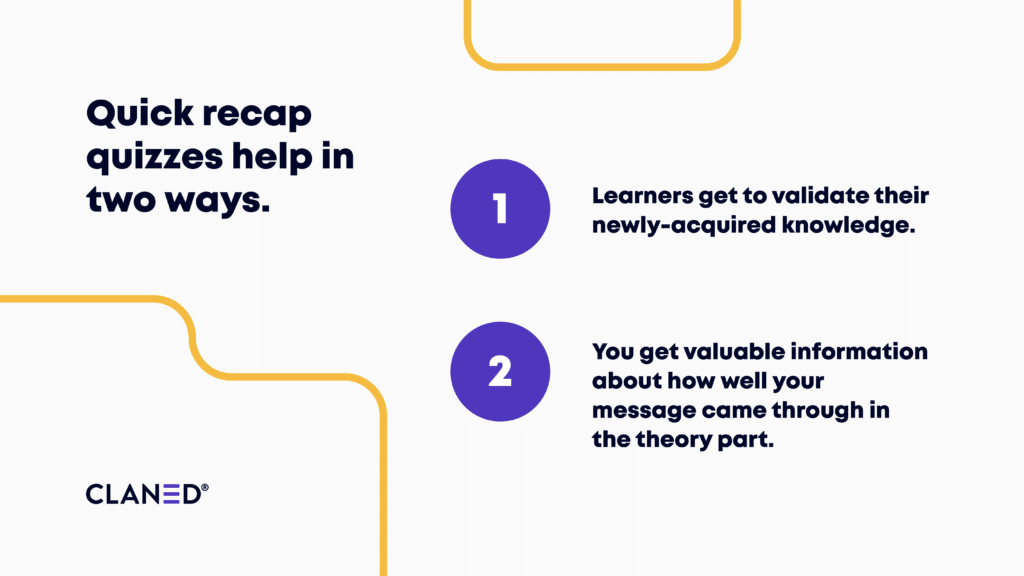
Here’s the thing: no matter how well designed a piece of learning content might be, it’s impossible for learners to remember every last takeaway from it. Have you ever gone through a long text document or viewed a lengthy video and then wondered afterwards: wait, do I really remember the facts correctly?
Read: How to Make Videos for Online Courses
Which is why quick recap assessments in online learning make so much sense!
After covering a topic, the idea is to have participants go through a short quiz on it. After each answer (whether right or wrong) or at the very end of the quiz, the learners will be sure to have all the correct answers. And therefore, all the important points of information!
The point of this quiz is not to score but rather to recap what is most essential. And it benefits you in two super helpful ways: One, you get to help learners in validating their newly-acquired knowledge. Two, it gives you valuable crumbs of information about how well your message came through in the theory part.
Here are a few more tips for creating successful recap quizzes:
- Only test what is most important to know.
- Don’t go overboard with the answer options! 3-5 options are ideal.
- Only use answer options that are plausible.
- No one likes a trick question. Avoid using purposefully confusing choices.
- Don’t use options like ‘all of the above’ or ‘none of the above’.
Assessments for Deeper Learning in Online Learning
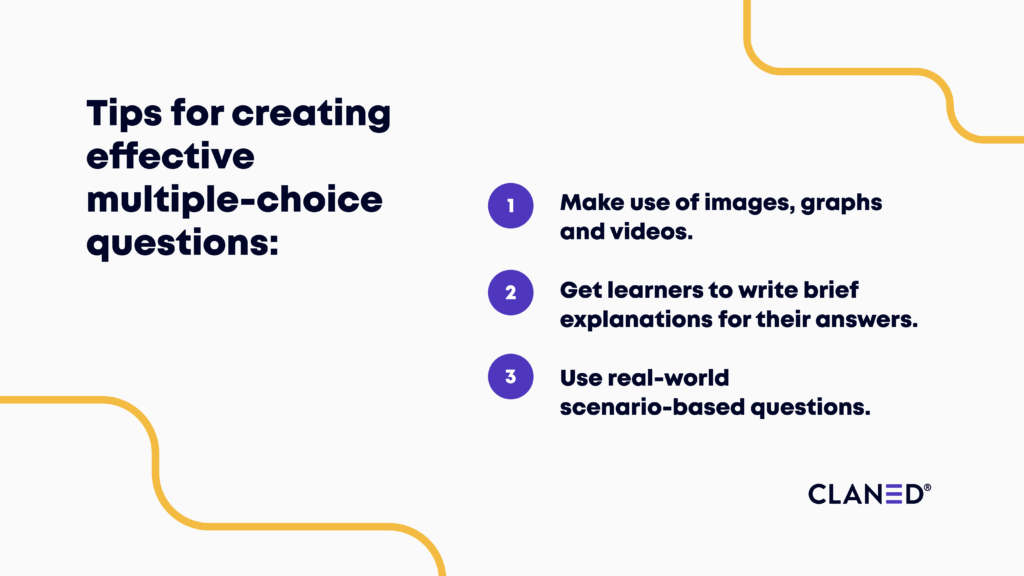
We can’t possibly talk about assessments in online learning without mentioning the much-debated MCQ ie. multiple-choice questions. And while you might’ve taken, tested or used multiple choice questions in your learning experiences, did you know that they can be a great tool for applying knowledge?
Yes, multiple choice questions do get a terrible rep because they are often used to test tedious facts and details.
But the good news is that with just a slight tweak, you can transform multiple-choice questions into an effective knowledge application opportunity. Which, of course, translates to better online learning!
Here are a few tips for creating effective multiple-choice questions:
- Add a little visual flair! Make use of images, graphs and videos in your multiple-choice options and ask learners to interpret them. Apart from adding variety, this is also a great way to test how learners can apply knowledge in different contexts.
- Move beyond picking options and get the participants involved. This could mean asking learners to give a brief written explanation for their multiple-choice answer. That way, you gain insights into your learners’ thought process and an opportunity to gauge whether they are on the right track…or just lucky with their answers.
- Use real-world scenario-based questions that ask the learners to apply knowledge in a situation that is relevant to them. When it comes to assessing your learners’ understanding, questions like these can be incredibly effective. That is because they combine multiple skills like recalling information, interpreting data, and making decisions.
With that said, it’s just as important to include explanations for the right answer as well as where that information could be retrieved.
Need an example? Here’s how you can formulate a question into a scenario:
Question:
What is a trait of a great leader?
Can turn into this scenario:
Paulina, who you consider a close friend at work, approaches you at tells you that she is having issues with her team member Jared. She tells you that Jared is lazy, unorganized and doesn’t get anything done. What do you do?
Assessments as Thought Assignments
Including assessments in online learning settings is a great way to create an engaging experience. But sometimes, what an assessment really needs is an offline element. It might take a nice car ride back home, a walk with the dog or a gym session for the purpose of the assessment to really “click in”.
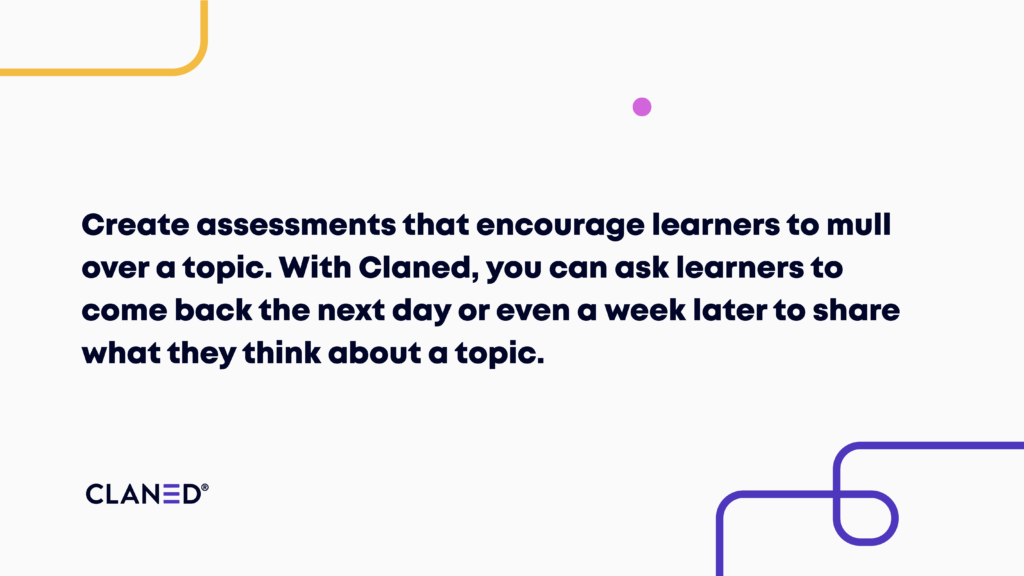
In cases like this, you can add assessments in the form of “thought assignments” to your content and encourage learners to spend some time mulling over the topic. With Claned, you can then ask people to come back to the platform the next day or even a week later to share what they are thinking about the topic.
Here are some examples that can work great in training settings:
- “During your next meeting, try this and come back to comment…”
- “Next week, focus on trying the described method – what did you learn from the experience?”
- “Go back and reflect on your previous customer meetings, try to follow up using the new method – report back and share your experiences of reactivating the customer relationship.”
Assessments as Reflection
When you add assessments in an online learning experience, they can fulfill so many different purposes for the learner. The types of assessments we’ve talked about so far can be considered a form of “food for thought” – tasks that can be completed like quick assessment snacks.
But this last purpose of assessments – reflection – is a bit more intensive and often linked with great learning results.
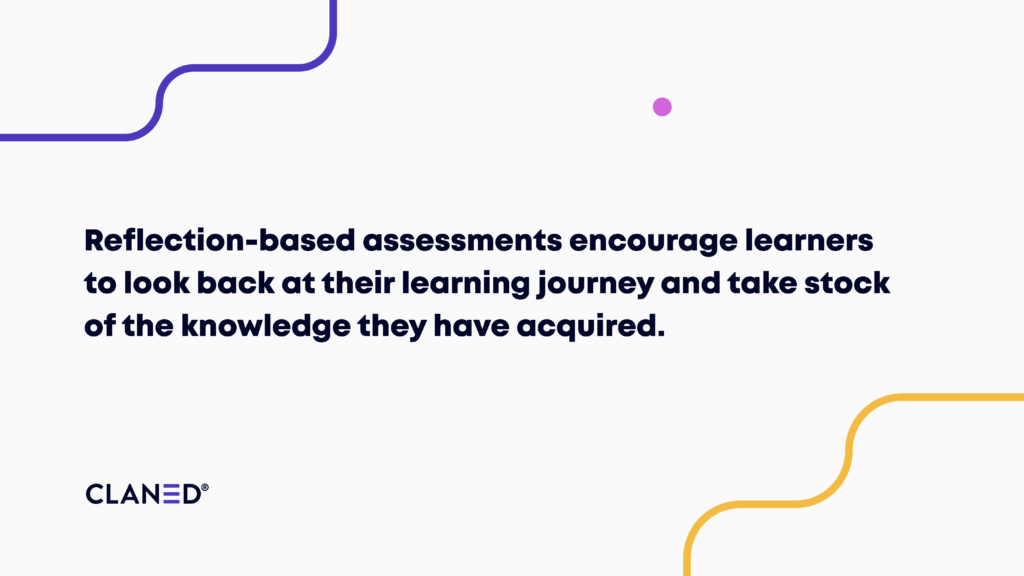
This type of assessment encourages learners to look back at their learning journey and take stock of the knowledge they have acquired. At the end of a theme, topic or the program, you can ask participants to evaluate whether they have met the learning goals presented to them at the start of the program or a specific module.
This reflection-based assessment also serves as a helpful data point for you to see what topics the participants struggled or had great success with. If you want to challenge your learners further, you can have participants share their reflections with each other, which can then spin into an insightful experience-sharing conversation.
Want to get creative with assessments in your online learning programs too?
What you need is a platform that can help you effortlessly try out different assessment options – and an expert team to guide you to the right choices. At Claned, we have both!
To know more, reach out to us at sales@claned.com.


